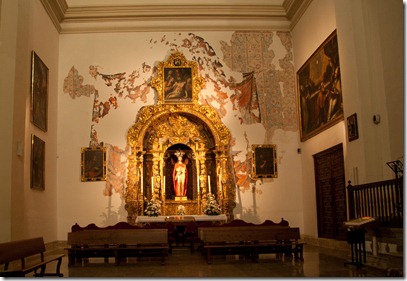 The Irish Financial Regulator, Matthew Elderfield, does not want new powers to compel banks to pass on ECB interest rate reductions to customers.
The Irish Financial Regulator, Matthew Elderfield, does not want new powers to compel banks to pass on ECB interest rate reductions to customers.
It is perhaps opportune that the Irish authorities consider the interests of consumers’ from a more far-reaching perspective than merely policing interest rate reductions. I have recently returned from South Africa whose financial authorities appears to be a model of foresight, providence and prudence. The photograph is of Cape Town’s Victoria and Alfred waterfront with Table Mountain, now one of the 7 Natural Wonders of the World in the background.
The South African National Credit Act 2005, which became law in June 2006, places onerous obligations on credit providers’ not to lend to borrowers who are over-indebted. The law required credit providers to thoroughly evaluate the capacity of a person to borrow based on a detailed analysis of disposable income, past and present spending and payment habits.
This Act ensures that the rights of consumers are safeguarded. Confidentiality is guaranteed and all documentation is based on layman’s terms. Borrowers are protected from becoming over-indebted and are entitled to know by law why credit is refused. The Act eliminates dubious lending practices, unfair discrimination and ensures that credit is extended in a transparent and responsible manner.
The Irish authorities might be well advised to consider similar legislation so as to obviate the insular, self-serving herd instinct in the boardroom of Irish banks and the complete absence of a public interest posture that characterised our catastrophic banking bubble.
Not everything in South Africa is rosy. Approximately 40% of the national income is attributable to 10% of the households. Less than half of working-age South Africans have income generating employment and the unemployment rate for young South Africans in the 16-30 age group is 40% compared to 16% for those in the 30-65 age group.
The menacing image of Julius Malema (30), who is head of the youth wing of the African National Congress in court on hate speech charges raised the threat of racial conflict. He was flanked in court last April by the first wife of Nelson Mandela, Winnie and no few than 7 security personnel dressed in identical black suits and red ties carrying assault rifles.
But last week the disciplinary committee of the ANC suspended Malema from all offices and his membership of the organisation for the next 5 years. He is also under the spotlight of the anti-corruption police on allegations that he amassed millions of rand through influence peddling in respect of government contracts.
South Africa is the destination of millions of migrants from neighbouring countries and others as as far away as Nigeria. The biggest bogey man that haunts South Africa is crime, especially in Johannesburg (1,800 metres above sea level) and it is perpetrated by people who have nothing to lose – no job, no prospects. This is a country of rising prosperity coinciding with rising poverty. All houses seem to have sophisticated home alarms supplemented by armed response units.
Car hijacking by armed thugs can be a recurring experience for too many. The incidence of death in road traffic accidents, at 33.2 per 100,000 of the population is one of the highest in the world.








